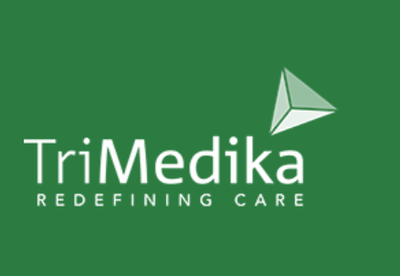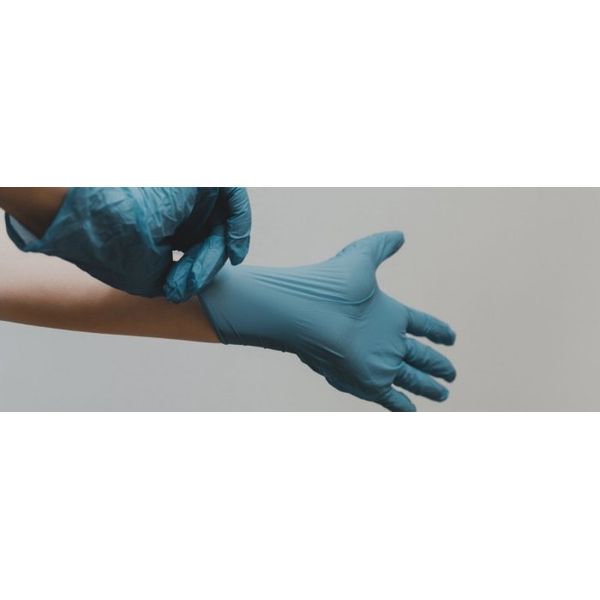

The Burden of Hospital Acquired Infections on Health Systems
What is a Hospital Acquired Infection?
A Hospital-Acquired Infection (HAI) (also know as a Healthcare-Associated Infection (HCAI) or nosocomial infection) is defined by WHO as ‘an infection acquired in hospital by a patient who was admitted for a reason other than that infection1‘. This includes infections acquired in the hospital but appearing after discharge, and also occupational infections among staff at the facility.
To minimise the threat posed by HAIs there are entire departments within hospitals dedicated to infection prevention and control. The scale of the challenges these teams face was compounded by the COVID-19 pandemic which highlighted the importance of having a robust infection control policy. At one stage in England the rate of nosocomial COVID-19 infection was as high as 25%2, meaning 1 in 4 patients who were being diagnosed were originally admitted to hospital for a separate reason.

IPC teams do a great job globally at keeping infections at bay, however the challenge of infection spread is substantial and therefore difficult to conquer.
This was highlighted in the John Radcliffe Hospital in Oxford. Despite the enforcement of standard infection control procedures between 2015 and 2017, a total of 70 ICU patients were found to have contracted Candida Auris, a potentially deadly fungal pathogen.
Following a DNA sequencing programme, the source of the outbreak was traced back to the disposable probe covers used on the axilla contact thermometer on the ward. Despite implementing increased cleaning measures, the infection continued to spread until the axilla thermometers were removed3.
Since then, the ICU have switched to non-contact thermometers.
Reports indicate that at any one time, more than 1.4 million people worldwide are estimated to suffer from infections acquired in hospitals. Because of an increase in invasive procedures and a growing resistance to antibiotics, HAIs have increased by 36% in the last 20 years and are consuming more healthcare resources each year4. Infection control is becoming increasingly important in recent times, the WHO estimates that 7% of all patients admitted into healthcare facilities will acquire at least 1 HAI5.
Impacts of HAI’s include:
- Longer hospital stays for affected patients
- More pressure on nursing staff
- Increased costs to Healthcare systems
- Patients more likely to be readmitted to hospital
- An increase in deaths – in American hospitals alone, the Center for Disease Control (CDC) estimates that hospital-acquired infections (HAIs) account for an estimated 1.7 million infections and 99,000 associated deaths each year6.
The nature of infection spread means it is difficult to stop all together, however there are steps hospitals and healthcare facilities can take to reduce infection and minimise risk. Every hospital should have a set of standard infection control procedures which are the minimum infection prevention practices that apply to all patient care, regardless of suspected or confirmed infection status of the patient.
Best practice for infection control procedures is to hold regular audits on procedures and equipment, to see how effective these are and make changes if required.
Approximately 80% of infection is spread through contact[7]; so reducing or removing contact is key. Adopting non-contact infrared thermometers such as TRITEMP™ over traditional thermometers like tympanic thermometers is an innovative way to reduce contact, giving less opportunity for infection to spread.
- https://www.who.int/csr/resources/publications/whocdscsreph200212.pdf
- https://www.cebm.net/covid-19/the-ongoing-problem-of-hospital-acquired-infections-across-the-uk/#:~:text=These%20rates%20have%20been%20as,than%207%20days%20after%20admission.
- https://www.nejm.org/doi/10.1056/NEJMoa1714373
- https://pubmed.ncbi.nlm.nih.gov/21677524/
- https://www.who.int/gpsc/country_work/gpsc_ccisc_fact_sheet_en.pdf
- https://patientcarelink.org/improving-patient-care/healthcare-acquired-infections-hais/
- Infection Prevention Head Nurse in Northern Ireland – Colin Clarke
